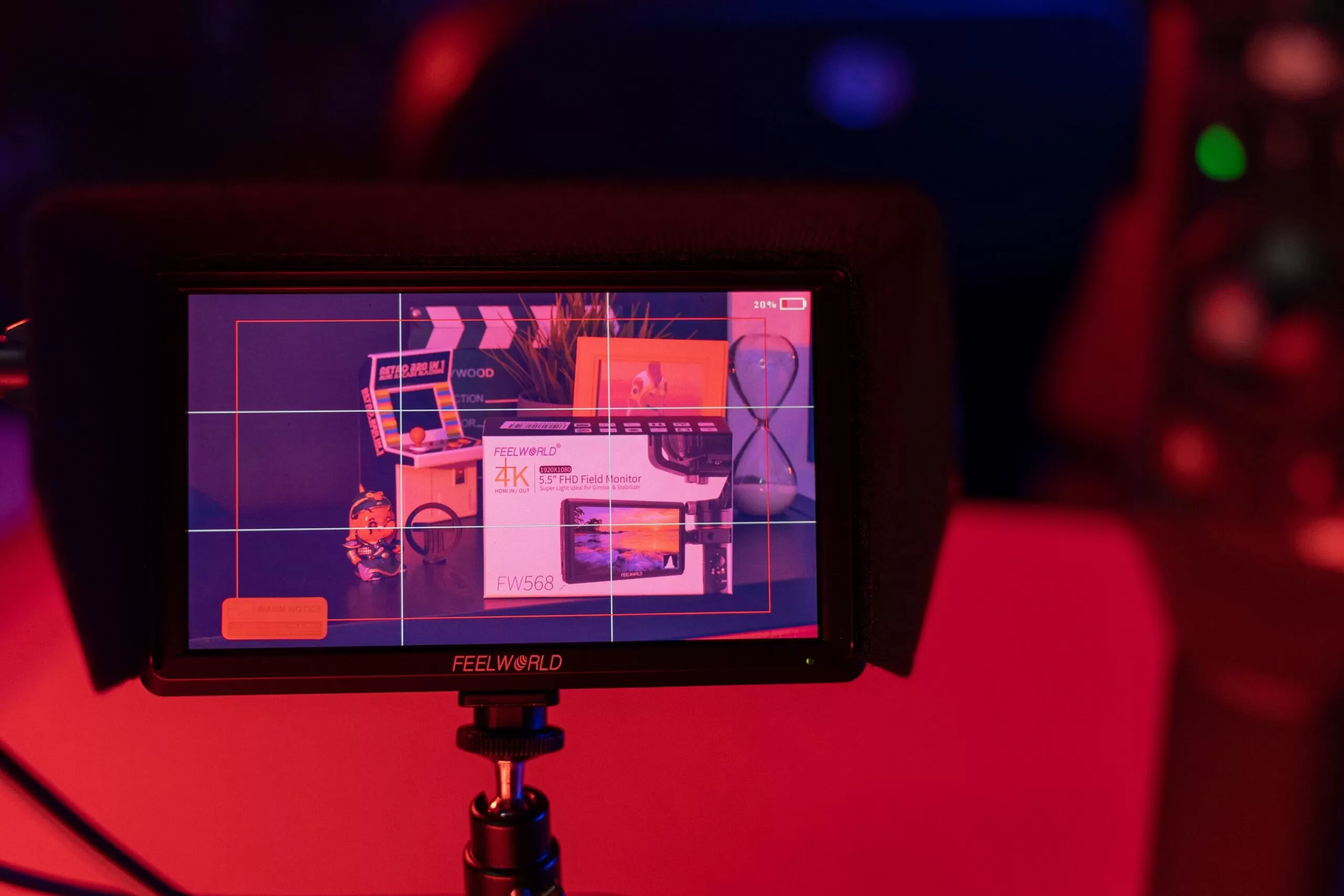
Unveiling Fair MusE: explore the project’s presentation video

In a world of ever-evolving digital music, Fair MusE emerges as a beacon of fairness, striving to answer the questions that music enthusiasts often ponder: who curates our favourite playlists? Are artists compensated fairly? Where do the main profits of different kinds of service providers come from and what are the pros and cons of their respective business models? These are just a few of the inquiries that the project seeks to address.
Fair MusE is more than just a research project. It’s a mission to define and promote legal and technical standards to ensure greater balance in the creation and dissemination of music from the perspective of both authors and consumers. By raising awareness about the influence of business models, platform algorithms, data collection, and copyright laws on music creators and audiences, the project aims to help reshape the industry’s landscape in Europe.
At the core of Fair MusE lies a dedicated team of academics and industry experts. They delve into the political, legal, economic, and technological aspects of the music sector to drive real change and fairness. But the project isn’t just about experts; it’s about musicians and music business professionals, listeners and music lovers. It invites over a thousand music enthusiasts from EU countries to share their playlist data and help our scientists understand how algorithms influence music exposure and consumption patterns.
The musical composition featured in the project video corresponds to Luigi Boccherini, Symphony in C Minor, Op. 41 (Track 7): I. Allegro Vivo Assai, Theresia Orchestra; conductor: Chiara Banchini, from the album “Haydn & Boccherini Overtures & Symphonies”, performed by the Theresia Orchestra. This orchestra is a cultural philanthropic initiative led and managed by the Italian foundation ICONS. Theresia is a prominent international period instrument orchestra specifically addressing repertoires from the classical era and delivering life changing orchestral training and performance opportunities for early-career musicians. Made up of musicians aged under 28 from leading European music institutions, with more than 40 different nationalities represented among its members, the orchestra has been a model of integration and intercultural dialogue since its foundation in 2012. Theresia Orchestra’s recordings appear on the German classical CPO label. ICONS also coordinates the Creative Europe co-funded EMPOWER project related to the Theresia Orchestra.
The Fair MusE project will be decisive in creating an ecosystem that benefits musicians, audiences, and society at large. Watch the presentation video and join the journey toward fairness in the European music industry.
Cover image by TheRegisti on Unsplash





